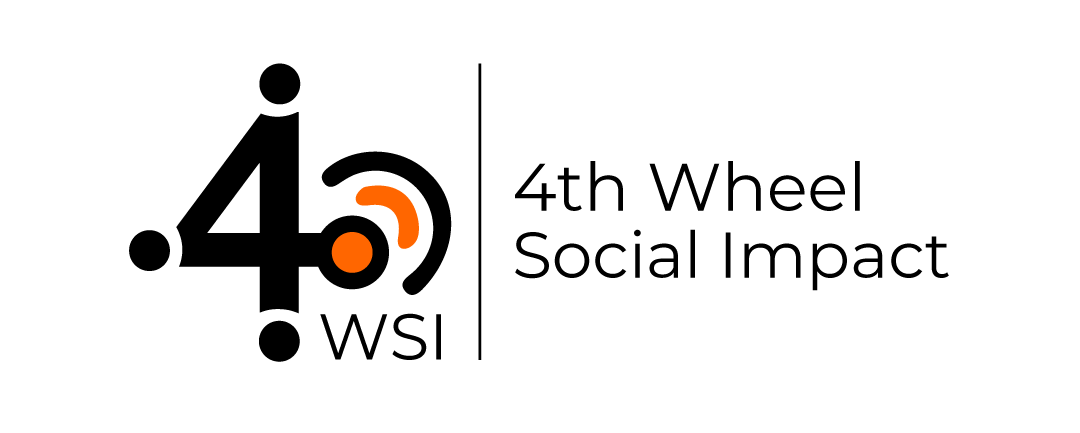United Way Mumbai
- The 4th Wheel

- Aug 20, 2025
- 2 min read
Updated: Aug 28, 2025

United Way Mumbai
Conceptualisation, development and design of the Annual Impact Report
Partner/Client
United Way Mumbai
Sector
NGO
Location
Pan India

Key Highlights
United Way Mumbai’s mission is to improve lives by mobilising the caring power of communities to implement the most impactful solutions to community problems across 5 domains- education, health, income, environment, and public safety, in urban and rural contexts across India.
4th Wheel Social Impact created an impact report for United Way, documenting target areas in each of the 5 domains, types of interventions, corresponding outcomes, and overall impact, that would transparently demonstrate successes and learnings to stakeholders.
The annual impact report covered interventions across India, undertaken by United Way Mumbai across 2021-2022, with a concrete focus on Covid-19 response.

Approach
A two-layer outcome framework informed the structure of the report. As part of the first layer, the 5 domain areas were broken into smaller interventions, informed by the range of UWM programmes. As a next layer, the interventions were analysed over 4 buckets: infrastructure and resources, awareness and sensitization, capacity building, and community and government engagement.
A thorough review of all relevant UWM documents, informed by secondary research on the 5 domains, contributed to the content of the impact report.
The content was finally designed and visualised for effective stakeholder communication.

Insights and Findings
Children who read are more likely to possess higher cognitive functioning, better language skills, improved academic performance, and greater confidence. Informed by this hypothesis, children in government schools were reached via mini-libraries, assisted reading sessions, book-reading/story-telling sessions, and provision of books.
A multi-pronged approach that provided rations for immediate survival, tackled infection prevention and control at medical facilities, ensured vaccine delivery to marginalised communities, and advocated Covid-appropriate behaviour among all, was integral to the fight against the Covid-19 virus.
To address the loss of jobs in the advent of Covid-19, female entrepreneurship and household incomes were advanced by ensuring training, financial, and psychological support across the entire entrepreneurship chain. This included providing business kits, counselling to build business mindsets, business skills’ training, and further scaling support.
Awareness and simulation sessions for youth, children, and new drivers, to become alert drivers and passengers, and first response trainings to government authorities and civilians would help to holistically improve road safety and disaster response norms.
To counter the advance of global warming, community capacities on sustainable agriculture and water management were advanced at the macro level via knowledge-sharing sessions and trainings. Efforts at the macro level were supplemented with opportunities for individuals to partake in ecological actions at the micro level such as tree planting and beach clean-ups.
Recommendations / Value Addition
Information and data for the impact report were organised within outcome frameworks, to streamline organisational impact monitoring and reporting.
Relevant insights from interventions in the form of successes and learnings, were gleaned to share with the broader ecosystem and internal and external stakeholders.




Comments